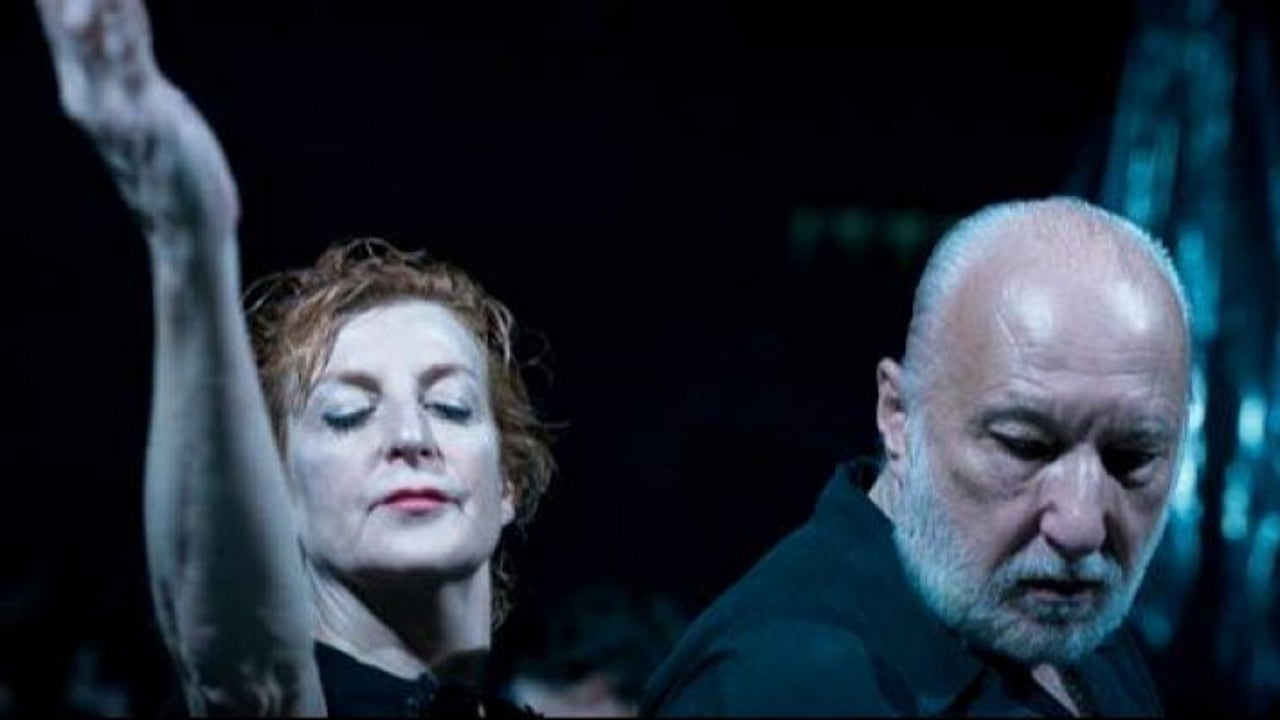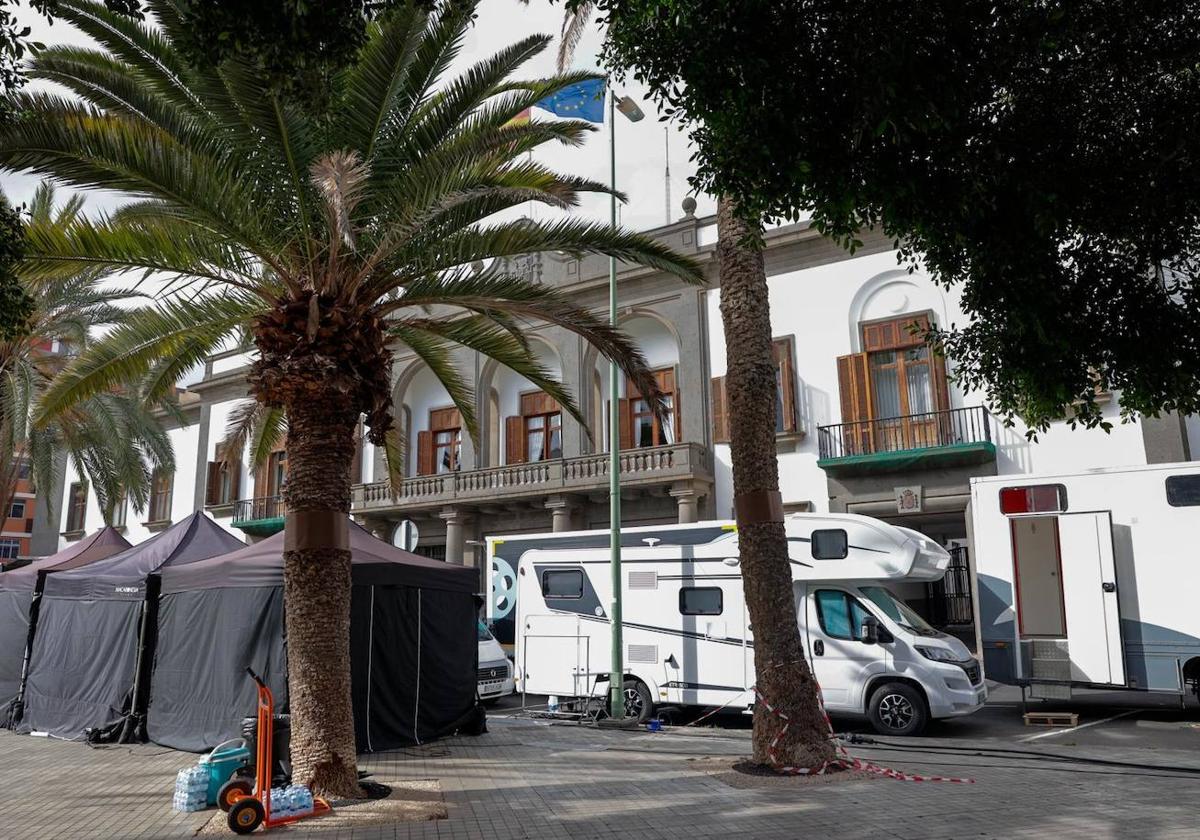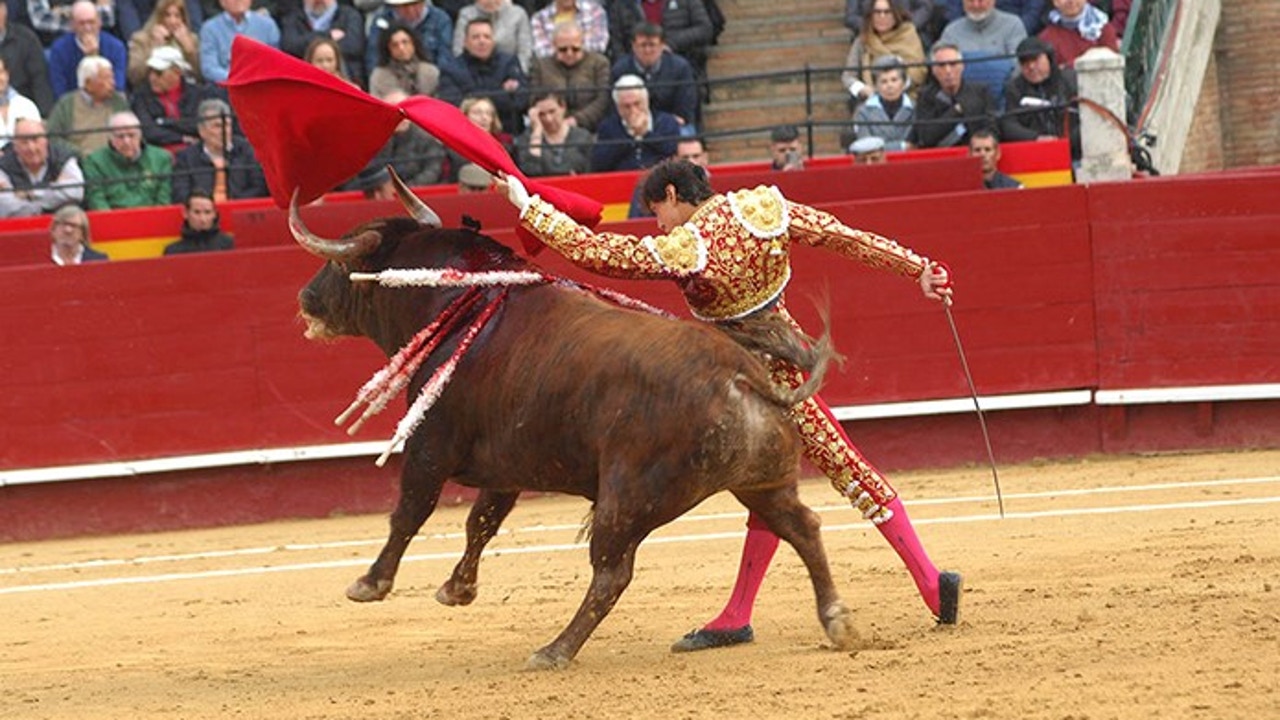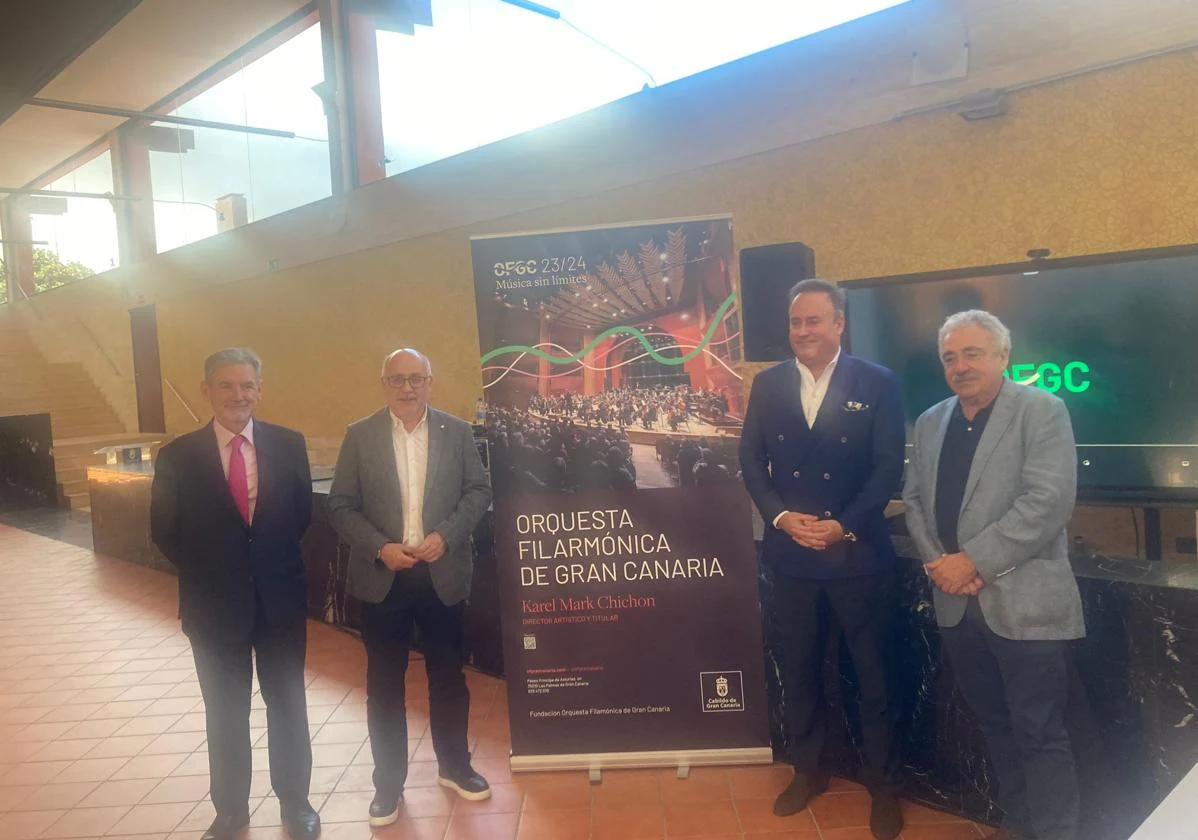Venezuela monopolizes the literary debate of the Hay Festival | Culture

With one eye on the raging Caribbean Sea and another on the border, the participants of the Hay Festival of Cartagena They look at these tense Venezuela days. The events of the last weeks spread a feeling between worried and hopeful within this forum that brings together more than 150 creators from around the world in Colombia. The great majority is very fearful about what may happen, but with a unanimous desire that has thundered these days in meetings, talks and debates: democracy for the neighboring country. The sooner and without blood.
To begin with the closest ones, Colombian writers have decided to unite with a view to creating bridges with which to rebuild the destruction of the social, economic, political and cultural fabric that the dictatorship of Nicolás Maduro has brought about in recent years. Several fronts have opened common dialogue initiatives. One of them is the First Binational Encounter of Letters Colombia / Venezuela, to which the writer has been invited Santiago Gamboa. It will be held in March and April in Bogotá and Caracas respectively and the writer defines it as a gesture of conciliation from the world of creation.
Gamboa demands a dignified exit for the current heads of power, but exit and, if possible, urgent: "We must not challenge him, if Maduro invite to leave with some dignity his post to avoid a blood bath," he says. Only then can they begin to rebuild a country devastated by the, says Gamboa, "incompetence of their leaders."
But not only can you look for shadows and fear in the middle of the road. Moisés Naím He prefers to talk about lights and show caution. "Many things are being done well and I think that is what we should highlight these days. To begin with, and since we are in Colombia, to value the reception of this country to Venezuelans. At no time has xenophobia been encouraged towards the huge numbers of displaced people in recent months and there has been no tension in that sense unlike other border states. " This is how the political analyst and writer begins to enumerate the situation with a novel that has just appeared now: Two spies in Caracas.
 enlarge photo
enlarge photoLater, Naím highlights another positive factor: Juan Guaidó himself. "It represents the unexpected consensus that has managed to mobilize an apathetic international community and a divided opposition. In addition, it must be made clear that this is a process set in motion by Venezuelans inside and outside the country, without outside interference. "
The optimism of Naím contrasts with the fear of the majority of those consulted. The Cuban novelist Leonardo Padura he only hopes that the exit for the common people is the best and least traumatic: "A confrontation would be heartbreaking", he assures. But it falls within the realistic predictions and the most urgent precautions, tertiary Juan Gabriel Vásquez: "We have to mitigate and avoid the suffering of the people".
The author of The sound of the things when they fall celebrates the consensus that seems to illuminate right and left today about Maduro and the Chavism legacy: "Reviewing my columns from 2007, while at the time I was denouncing the excesses of Álvaro Uribe in my country, I also did it about Hugo Chávez. And it was unpopular. Part of the left suffered the same syndrome that once prevented them from condemning Castro or Stalin, especially in Europe. That does not happen anymore. There is general agreement about the nature of the regime in Venezuela. A dictatorship that has destroyed in the cultural sphere a country that was a reference in art, music, publishing and literature ".
Hector Abad Faciolince He looks at the most theatrical scenario: "We have a president tied to a ridiculous iconography, with his band and his portrait of Bolivar in the background, who does not dare to leave the palace and a supposed usurper, according to them, who they cheer in the Street. Hopefully the thing does not end as Fuenteovejuna or as was the case of Ceaucescu in Romania. In addition, a military intervention would be undesirable. He would have to leave on his own foot avoiding bloodshed, "says the author of The forgetfulness that we will be.
As if he had heard the allusion to his country of Hector Abad, these days Romanian has appeared in Cartagena de Indias Mircea Cărtărescu very attentive to the situation. With the threat of a cursed circle that keeps repeating itself, the author of the trilogy Blinding, describes a disgusting contagion of decades: "The communist countries influenced those Latin American regimes and now we live again in those who belong to that bloc a rise of populism and authoritarianism." He talks about Poland and Hungary, above all. But also from Romania. "These experiments have caused the total ruin and the annulment of the human being because they do not look for citizens, but slaves submitted. Its objective is to destroy people. "
That Maduro is a tyrant today offers few doubts in the international community for those who defend human rights and democracy. The Mexican Lydia Cacho puts it ahead: "It is ...". But what is not so sure is the change: "I am afraid that history will repeat itself and hypocrisy prevails in the international community. The liberal right is not the only way out. Hopefully freedom wins the battle, but really. Maduro is a despot and Venezuela needs elections but to consolidate a democracy, not another radicalization in the opposite direction. "
Bianca Jagger: "Let's not forget Nicaragua"
Bianca Jagger he walks in Cartagena de Indias to warn of the tragedy that his country of origin is also experiencing: Nicaragua. But the fate of that small piece of Central American land with six million inhabitants desperately depends on what happens in Venezuela: "The bloody dictatorship of Daniel Ortega has survived in my country thanks to Chavez and Maduro," says Jagger, very committed to the defense of human rights and freedoms since the foundation that presides over his name. "When there they manage to establish democracy and free elections, inspired by a leader like Juan Guaidó, we will recover ours." With a small obstacle to consider: "In Nicaragua, the opposition is embodied by students, peasants, journalists. The political parties have no credibility after having reached agreements to perpetuate Ortega in power. We will have to start by looking for a strong alternative, "he says.











